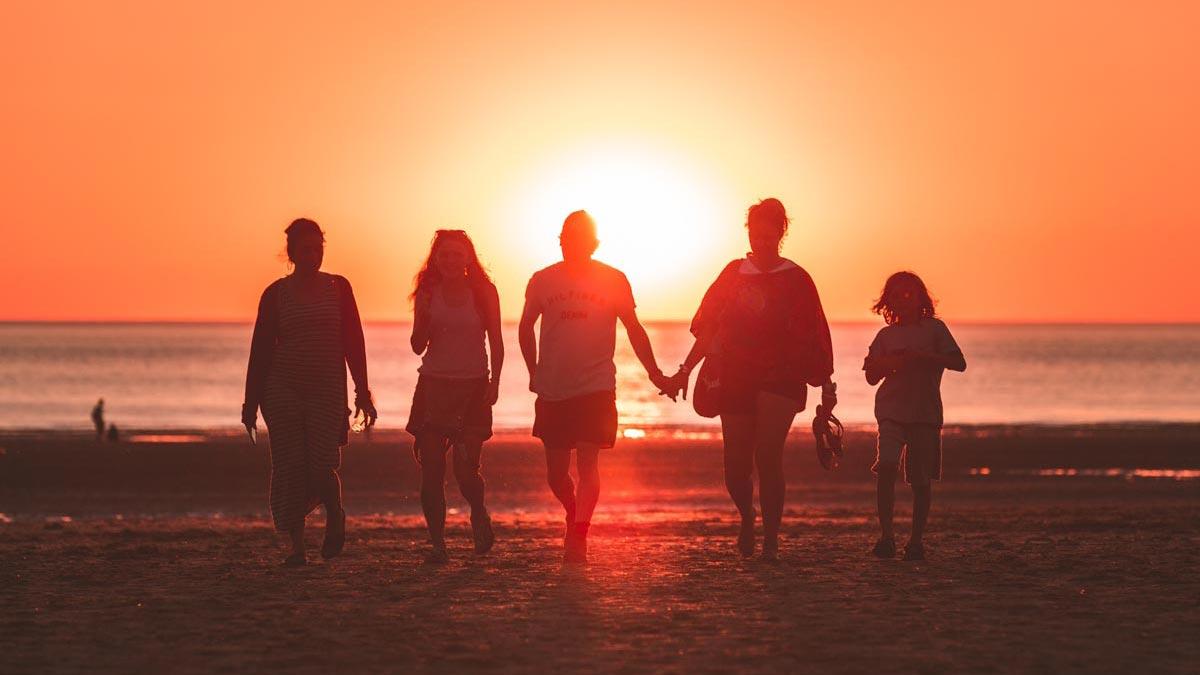Loneliness
Loneliness is not the same as being alone. We can be alone without feeling lonely. On the other hand, we can be surrounded by hundreds of people and still feel lonely. If you feel lonely it is probably because you don’t have the kind of close personal relationships that make you feel secure, comforted and content.
Do I have a problem with loneliness?
You are the only person who can decide if you are lonely. It is not about how many friends you have or how much time you spend on your own. Loneliness is how you feel about your personal contact. Are you unhappy about it? Would you like more social contact?
If so, the time to do something about it is now. But because overcoming loneliness can be difficult, especially if you are shy, it's best to tackle it by taking small steps.
Why am I lonely?
There are many reasons why you might feel lonely.
You may have recently lost a loved one (if so, you might want to find out more about grief) or moved to a new area and you don’t know anyone. Or you may lack the confidence or the know-how to meet new people and form new friendships. Meeting people is a skill; you might just be out of practice.
Loneliness could be linked to depression, anxiety or posttraumatic stress. It's easy to become withdrawn and isolated if you have these issues as you naturally feel uncomfortable around people. This can make depression and anxiety worse as your contact with the world becomes smaller.
How you think about yourself and your place in the world can also result in loneliness. Without knowing it, you may be thinking yourself into isolation. How we think about affects how we feel about ourselves. When we are lonely, we often make it worse by thinking negatively: "there’s something wrong with me", "I’ll always be alone", or "no-one else feels like this".
Sometimes people feel so lonely that it seems like the only way they’ll feel better is by hurting or even killing themselves. If this is the case for you or someone you know, please seek urgent help from emergency services (dial 000) or call Open Arms – Veterans and Families Counselling for support.
Open Arms provides free and confidential counselling support for veterans and their families 24/7. Call 1800 011 046.
What can I do about it?
Self-help
The first step to overcoming loneliness is to think about why you’re feeling lonely. Different problems require different solutions.
Do you have enough social contact in your life?
Do you have people you can talk to, go out with, ask for help from? If not, increasing your social support by building relationships with others is a great first step.
Take action
Build social connections to reduce loneliness
You’re less likely to feel lonely if you have a good social support structure.
Use the Social Connections tool to identify the people in your life who you can spend more time with and the support they can offer.
Start by spending more time with those closest to you. Over time, you can work on building a wider support network by reaching out to people you don't see as often or have lost contact with.
Do you find negative thoughts get in the way?
Are you always predicting the worst or putting yourself down?
Negative thinking is at the heart of loneliness: it is not being alone, it is what we think about being alone. The more we can think positively about ourselves, our lives, other people and our futures, the more productive we will be. Being pessimistic and expecting the worst runs the risk of becoming a self-fulfilling prophecy. Expect the worst and the worst will happen. Helpful thinking can change the way you feel.
Take action
Change the thoughts that contribute to loneliness
Use the Challenge your thoughts tool to help you to identify whether you are thinking in an unhelpful way, then start to challenge and reassess unhelpful thoughts
Do you have enjoyable activities in your life?
You're probably already part of several social networks, you just don't realise it. If you have hobbies, play a sport or do volunteer work, they're part of your network.
Being with other people while you’re doing an activity together is a great way to build relationships without putting too much pressure on yourself.
Take action
Reduce loneliness through enjoyable and rewarding activities
Connecting with others might be hard at first, but doing it through enjoyable and rewarding activities will make it easier.
Use the Enjoyable and Rewarding Activities tool to identify activities and plan how to engage in them. Choose activities that will help you connect with others.
In the meantime, try to look for opportunities to get involved with others and say "yes" when the opportunity arises (even if it is a bit scary). When you’re alone, try to enjoy your own company and feel comfortable. If you can enjoy and value your own company, there’s a good chance others will too.
Many of these tools are available on the High Res app to use on the go.
See also
-

Counselling
Open Arms can provide individual, couple and family counselling to help improve your resilience, as well as enhance your mental health and wellbeing. Call 1800-011-046 for free and confidential 24/7 support. -

Be social
A social network can be a circle of friends, people you share a hobby with or extended family. The form your social network takes doesn’t matter. What’s important is how it makes your life better.






